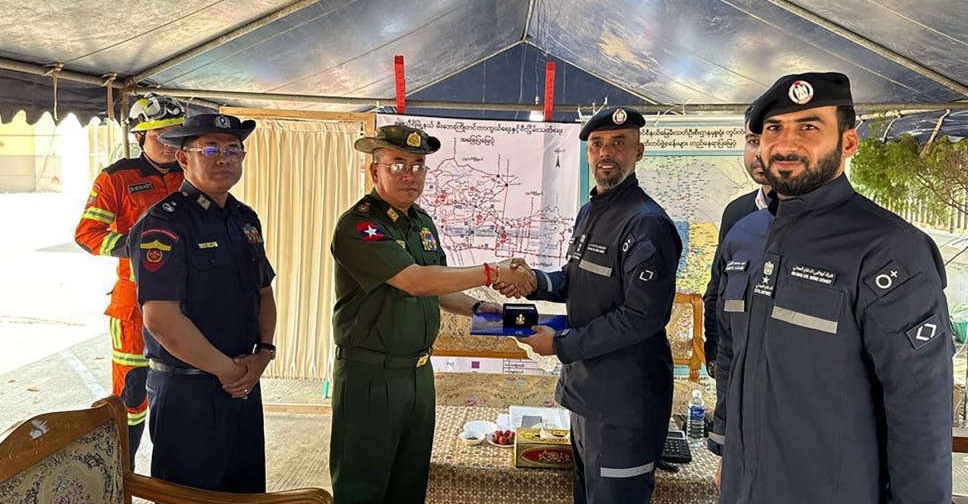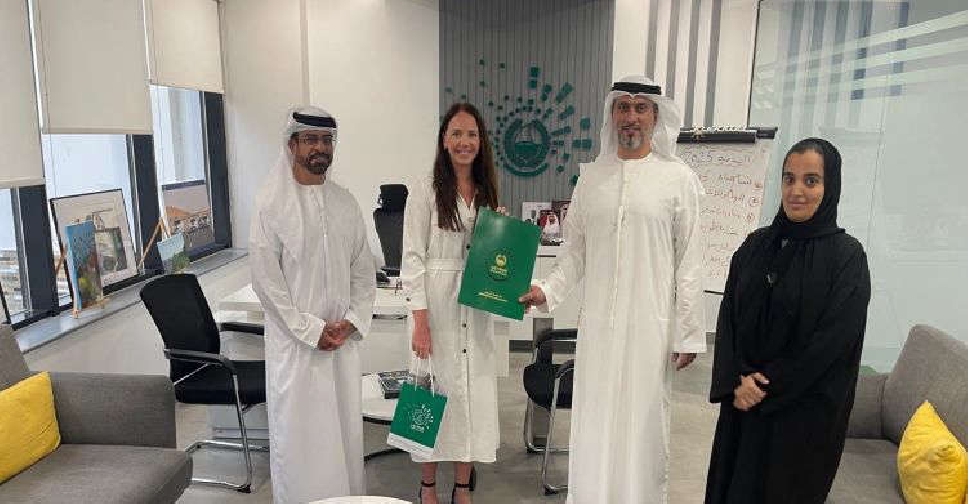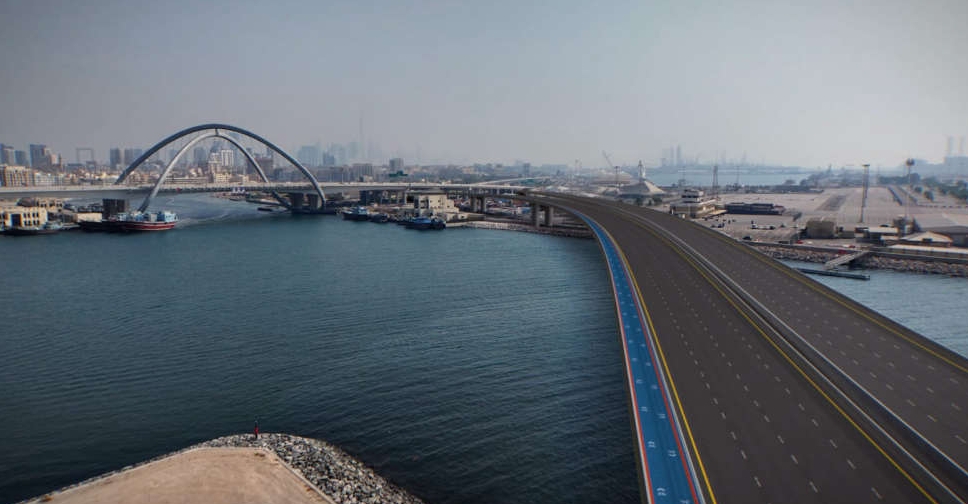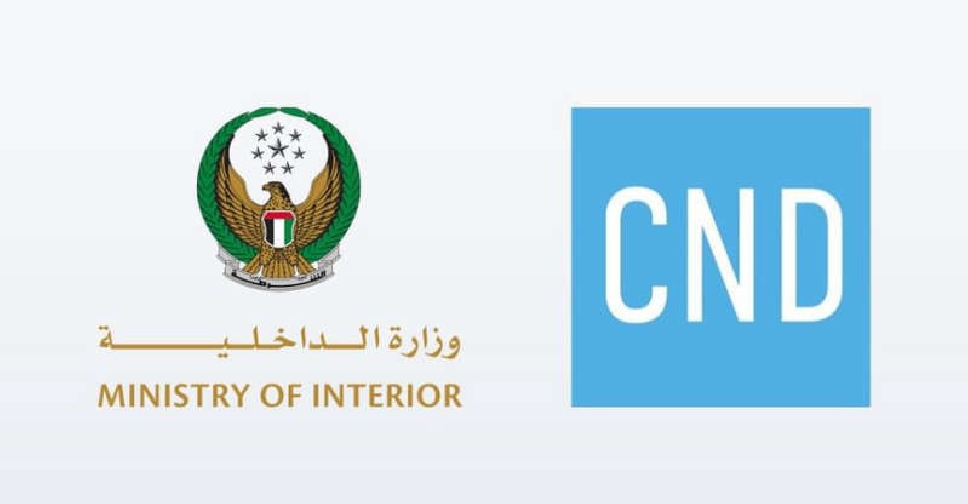
The UAE Cabinet has announced the establishment of an investment ministry, which will be headed by Mohamed Hassan Alsuwaidi.
The new ministry will help develop the country's investment strategy and enhance the competitiveness of related policies and procedures.
The first preliminary national licence for self-driving cars and an updated national energy strategy were also approved during the latest Cabinet meeting, which was chaired by His Highness Sheikh Mohammed bin Rashid Al Maktoum, Vice President and Prime Minister of the UAE and Ruler of Dubai.
In addition, several amendments were approved to the law to combat human trafficking, paving the way for tougher penalties as well as additional support services for victims.
. @HHShkMohd chairs the UAE cabinet meeting. The meeting approved the establishment of the ‘Ministry of Investment,’ an updated national energy strategy, national policy for electric vehicles, first preliminary national license for self-driving vehicles, creation of the… pic.twitter.com/Wo2E4GyTYv
— Dubai Media Office (@DXBMediaOffice) July 3, 2023
Self-driving vehicles
The Cabinet granted a preliminary approval to the Chinese firm WeRide that develops autonomous vehicles.
It aims to support technological developments in the sustainable transport sector and to reduce carbon emissions.
UAE National Energy Strategy 2050
It's aimed at increasing reliance on renewable energy, improving energy efficiency and promoting the use of clean energy.
The strategy will support research and development programmes in energy technologies, in addition to encouraging innovation and investment in energy sector.
Its objective is to achieve up to AED100 billion financial savings by 2030, and increase national energy investments between AED150 - 200 billion until 2030, in addition to raising the share of clean energy in the total energy mix to 30 percent by 2031.
National Hydrogen Strategy
The strategy aims at accelerating the growth of hydrogen economy and enhancing the global position of the UAE among the world's largest producers of low-carbon hydrogen, through developing energy policies, and attracting investments in this sector.
National Electric Vehicles Policy
It aims to develop cooperation with federal and local partners as well as the private sector, to build a national network of electric vehicle chargers that supports the needs of owners of electric vehicles and regulates its market in the UAE.
The policy will contribute in reducing energy consumption in the transport sector by 20 per cent, through the Green Mobility Project, in addition to reducing carbon emissions by 2050, building a unified database of electric vehicle charging stations and contributing to raising road quality and maintaining the world's first rank in this index.
Federal Law on Private Education
The Cabinet adopted amendments to the federal law on private education, in line with the new structure of the UAE’s education sector, and defining roles for new education institutions, including the UAE Federal Agency for Early Education (FAEE), and the National Centre for Education Quality, in addition to the roles of the Ministry of Education and local educational institutions.
The meeting also adopted a new framework for governing federal bodies of higher education institutions to ensure the quality of local and international educational services, and outputs in the UAE.
Other announcements
The meeting approved a federal law establishing the Financial Stability Council, which aims to promote financial stability in the country, monitor associated risks, tackle and prevent financial crises, and develop proactive measures to manage and protect economic, financial and monetary systems in the UAE.
The UAE Cabinet issued a decision appointing Her Highness Sheikha Mariam bint Mohamed bin Zayed Al Nahyan as Chairperson of the Quality of Education Centre.
The Centre will be responsible for endorsing educational goals and targets across all levels of education in the country, and approving the overarching framework, policies, strategies, legislation, and educational systems for all stages of education, in coordination with the Ministry of Education and educational institutions.
Also, the Centre will monitor the performance of the education sector and ensure the alignment of its outputs with current and future labour market demands.


 UAE honoured by Myanmar for earthquake relief efforts
UAE honoured by Myanmar for earthquake relief efforts
 Dubai Police honours tourist for returning lost jewellery
Dubai Police honours tourist for returning lost jewellery
 New bridge to connect Dubai Islands to Bur Dubai
New bridge to connect Dubai Islands to Bur Dubai
 UAE secures seat on UN narcotics commission representing Asia-Pacific
UAE secures seat on UN narcotics commission representing Asia-Pacific
